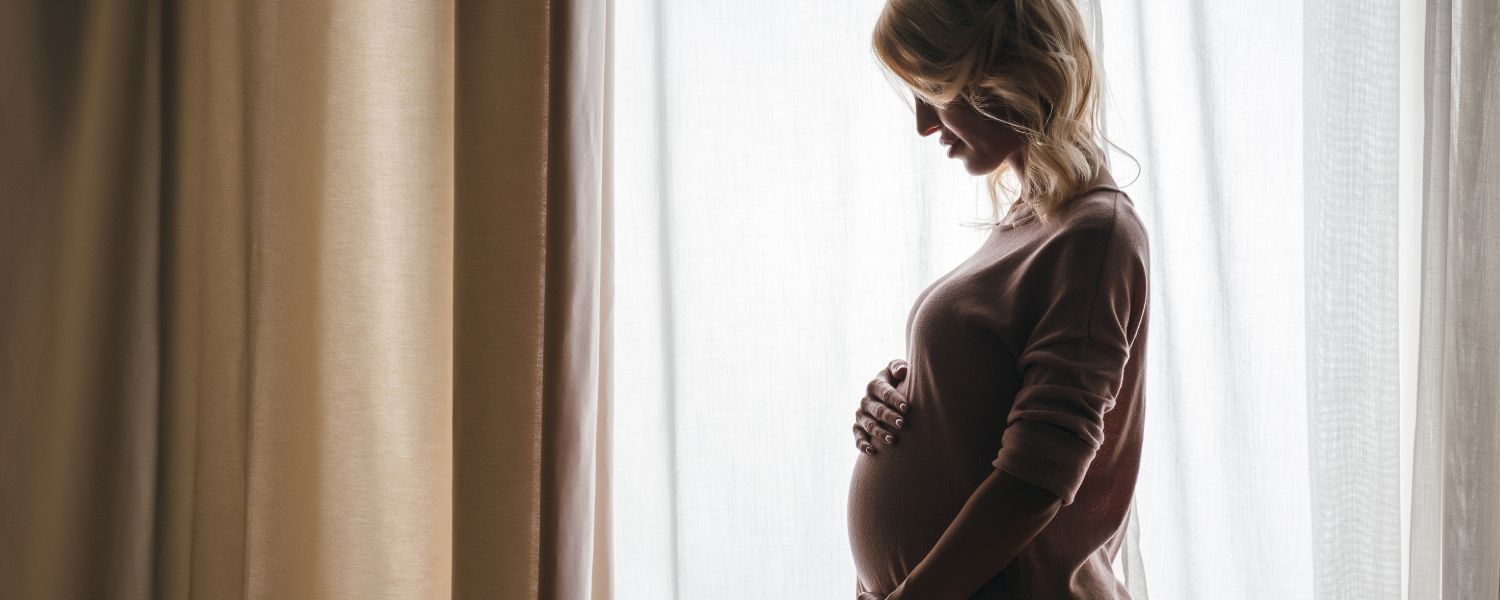Content warning: This article discusses alcohol use, intimate partner and family violence.
As a midwife and lactation consultant for more than 15 years, Marie Hobden has supported countless women through pregnancy.
In her time working across continents in the United Kingdom, United States and regional and metropolitan Australia, Marie said one thing was consistent.
“Every community I have worked in, I genuinely can’t think of a time when alcohol wasn’t a contributing factor to some type of violence that was going on,” she said.
Marie said it was common for women she supported through pregnancy to disclose violence perpetrated by their partner.
“If women disclose that they are at risk of violence or have experienced violence, it goes on their chart and is taken really seriously because we know birth and the post-natal period can be a trigger for family violence,” she said.
Research shows 1 in 7 Australian women who experienced violence by a current partner and were pregnant at the time the violence occurred.
Almost half (48 per cent) of women who were pregnant and experienced intimate partner violence, were more likely to experience injury to their torso than other women (29 per cent).
Marie recalls some hospitals she worked in were minutes away from bars and pubs, and this increased the risk of harm to women and babies in the ward.

“Working in this environment it was not uncommon to see alcohol-fueled incidents within the hospital, or at the entrance to a ward,” Marie said.
“This impacted all women, children and staff as well as the women experiencing the violence. There were several times we had additional security monitoring the entrances in case partners returned after going to the pub.
“It was a significant risk just knowing there was so much access to alcohol,” she said.
Across Australia, alcohol is involved in between 23 per cent and 65 per cent of all police-reported family violence incidents.
When perpetrators are drinking, it also increases the severity of violence, leading to higher rates of harm and injury.
Australian evidence shows greater access to alcohol increases the risk of violence – and the largely unregulated explosion in online sales and delivery has only added fuel to the fire.
“All women deserve to feel safe. For women who are pregnant, this should be a time where they can focus on nurturing themselves and their developing baby,” Marie said.
“I hope our governments will do all they can to achieve this, that includes developing policies and regulations that put the health and wellbeing of women and children before the interests of alcohol companies.”
At FARE, we’re calling for the prevention of gender-based and family violence to be included as a primary object of state and territory liquor acts, which would acknowledge the lived realities of women who have experienced alcohol-related harms.
If you or someone you know is struggling, there is support available.
1800RESPECT (1800 737 732) provides 24/7 domestic and family violence support and counselling services.







